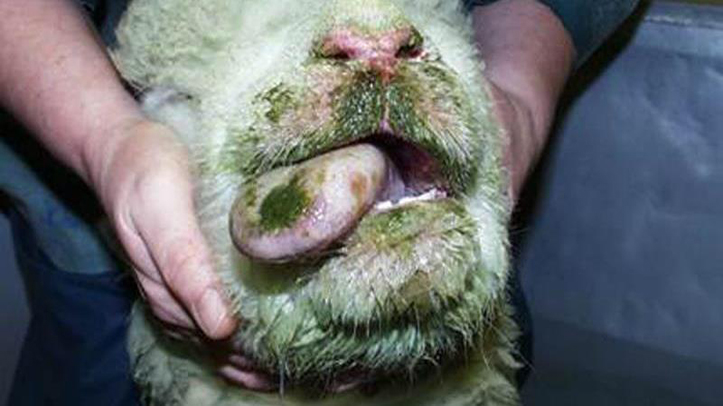A licence has been made available by Defra for animal movements to be considered, from premises within the Kent and Norfolk Temporary Control Zones (TCZ) to premises outside the TCZ, where there are welfare reasons.
“Applications for these licenses can only be made where animal welfare is likely to be compromised,” explained Dr Joseph Henry BVMS Cert SHP MRCVS, chair of the Ruminant Health & Welfare (RH&W) bluetongue working group and president of the Sheep Veterinary Society.
“If you are a farmer in the current TCZ, we strongly recommend that you apply as soon as you are aware that the welfare of your animals may become compromised.
“Farmers may wish to ask their vets to assist in completing the application, ensuring you highlight the reasons why welfare is likely to be affected if you don’t move the animals.”
Dr Henry continued: “Each licence application is assessed individually, so it is important that all necessary information is given to allow appropriate risk assessments to be conducted.”
Moves that are to outside of the TCZ, but remain close in proximity to the TCZ, will be considered a lower risk than long distance movements, which are unlikely to be approved.
“Whether you are ready move your animals now or anticipate you will need to at some stage as conditions or forage stocks dictate, it is still very important to apply for a licence as soon as possible, this will allow Defra to respond to demand,” reiterated Dr Henry.
As of December 21, 2023, the total number of confirmed BTV-3 cases totals 27 infected animals associated with 16 premises and 11 keepers.
“Surveillance is on-going within the two TCZ’s across the circa 850 premises,” added Dr Henry.


